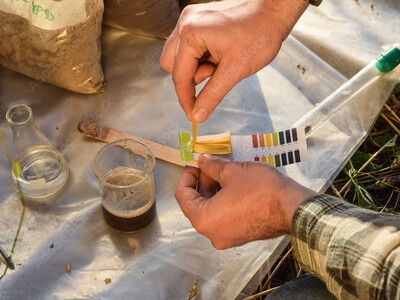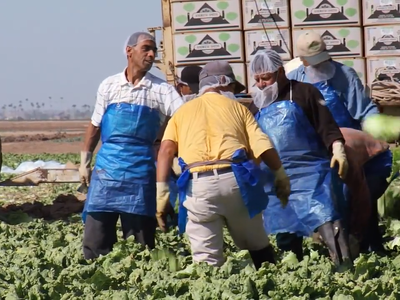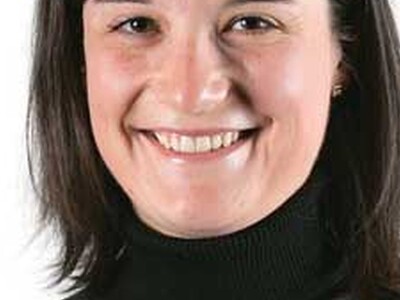Human Composting
A practice that farmers and ranchers have been using for centuries is getting renewed attention as Colorado becomes the second state to consider composting humans after death.Representative Brianna Titone and Sen. Robert Rodriguez plan to introduce a bill in the next session to allow for “natural organic reduction” after death.
The method, modeled after what’s done on farms for livestock, is considered more environmentally sustainable and less expensive than other options. It was first introduced by Seattle based designer Katrina Spade who told a Ted Talk audience how she designed a system based on the principles of livestock mortality composting that would take human beings and transform them into soil.
Spade: “All we have to do is create the right environment for nature to do its job. It’s like the opposite of antibacterial soap. Instead of fighting them, we welcome microbes and bacteria with open arms. These tiny amazing creatures break down molecules into smaller molecules and atoms which are incorporated into small molecules. In other words that cow is transformed. It’s no longer a cow. It’s been cycled back into nature.
The body is placed in a container on top of the organic materials, covered with another layer of it, and sealed up for 30 days or so. Within two days, Spade said, microbial activity will heat up the inside of that container to 130 to 150 degrees. The heat kills pathogens, and Mother Nature does the rest.
The option is said to cost about $5,500.
If approved, Colorado would be just the second state to allow the process. There is no timeline on when it could start, but funeral homes can try a few vessels from a licensed business and see if people are interested in the option.


















